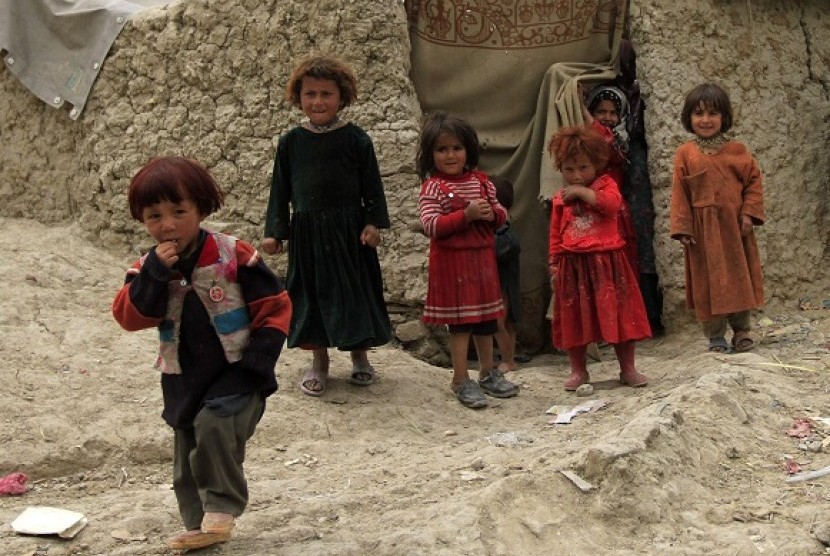REPUBLIKA.CO.ID, JAKARTA – The UNHCR’s Representative in Indonesia, Manuel Jordao, believes on similarities between Islamic law and international law, especially on refugee rights. He said that in a book review, “The Right to Asylum between Islamic Shari’ah and International law” written by Prof Ahmed Abou-El-Wafa, in Jakarta on Wednesday.
Jordao emphasized on the sixth chapter of the book, which contains the similarity between Islamic law and international law. “It shows how we can work together,” he said. One of the similarities is the principle of non-refoulement. This principle, firstly recognized by Islam, forbids the rendering of the refugees to their country.
Further, Jordao mentioned that causes of displacement were violence, poverty, cross human right abuses, persecution, and environment. “UNHCR does not only help the refugees, but also helps internally displaced person (IDP),” Jordao said.
Unlike refugees, IDP does not cross international borders. He added that everyday 200 million people displace and 26 million of them displace in their own country.
Covers broad issues
Islamic law covers very broad issues, as proven by the book. Funded by United Nations High Commissioner for Refugees, the book compares Islamic and international law related to the protection of refugees.
“This book is very objective. It enlightens the rights of refugees,” the Dean of Faculty of Shari’ah and Law in State Islamic University of Syarif Hidayatullah, Muhammad Amin Suma.
This comparative book gives the balance information of the response of Islamic law and international law towards the refugees. Yet, it does not explain any specific note on the difference between each of them. “If we understand only one of them, the result is imbalance,” he added.
Originally written in Arabic and translated into English and Bahasa, the book shows that international law has many similarities with the Islamic one. The book also shows that Islamic law is rich of the values contributed to international law. “Through this book, international world can see the intellectual richness of Shari’ah,” Suma said.
He also hopes the treatment of the refugees is not limited to the asylum, but also to its cause and its impact. Once the causes are solved, the number of refugees would be declined.
Indonesia is one of the countries which honors the non-refoulement principle. “The refugees who leave their countries because they are afraid of persecution cannot be rendered to their countries,” the Head of Sub-Division for Human Rights in the Ministry for Foreign Affairs, Masni Eriza, said. Yet, the principle is not valid if their claim is unproven. Thus, voluntary repatriation will be applied to the refugees.


